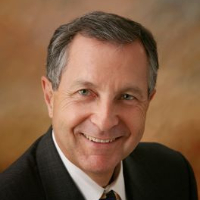Irvine White Collar Crime Lawyer, California
Sponsored Law Firm
-
 x
x

Click For More Info:
-
The Law Office of Elliott N. Kanter
2445 5th Avenue Suite 350 San Diego, CA 92101» view mapAccident & Injury Law When Experience Matters Most
San Diego attorney Elliott Kanter has served criminal defense and personal injury clients for 40 years. Get compassionate legal service.
800-641-9290
Early Marlow Hawkins
✓ VERIFIEDEarly Hawkins proudly serving Santa Ana, CA and neighboring communities in the areas of criminal, DUI-DWI, white collar crime, felony, and misdemeanor... (more)
Paul Seth Meyer
✓ VERIFIEDFollowing 10 years as a senior prosecutor with the Orange County District Attorney's Office, where he supervised the Homicide Panel, Paul Meyer founde... (more)
Karren Kenney
✓ VERIFIEDKarren Kenney was a Deputy Public Defender for almost 12 years where she became one of the best Orange County criminal defense attorneys, defending ev... (more)
Sue S Jung
✓ VERIFIED20+ YRS CRIMINAL LAW EXPERIENCE, FORMER DEPUTY DISTRICT ATTORNEY AND DEPUTY PUBLIC DEFENDER I am passionate about helping people using personalized... (more)
FREE CONSULTATION
CONTACT Elliott N. Kanter San Diego, CA
Elliott N. Kanter San Diego, CA Practice AreasExpertise
Practice AreasExpertise





